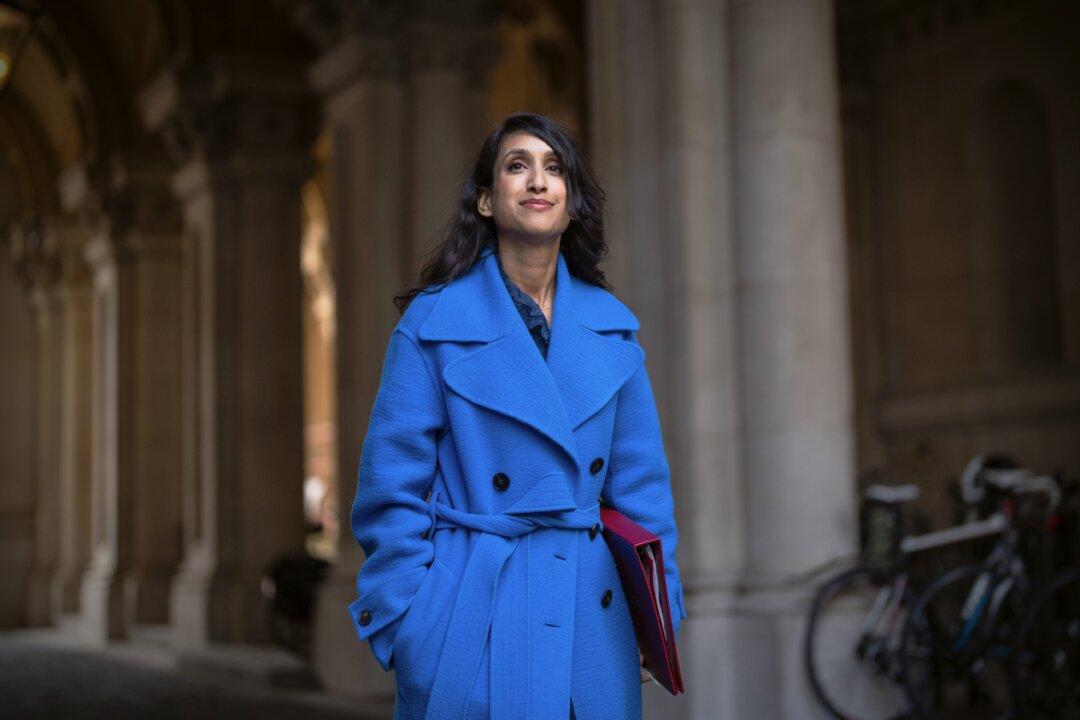The government is considering continuing handing cheat sheets to students to help with GCSEs next year due to the disruption caused by lockdown.
The proposal aims to give students enhanced formulae and equation sheets, meaning they will not have to memorise formulae, as they would need to traditionally in a normal year. Cheet sheets were also handed out in 2023 exams.
No ‘Memory Tests’ Anymore
School unions, which called for strike action and for schools to close during COVID-19, welcomed the support and said that there is no need for “memory tests” anymore.Lockdown continues to cast a long shadow over education. Students due to finish A-levels in 2022/2023 had their GCSE exams cancelled amid disruption from school closures across the past three academic years.
Grade inflation, ie awarding of higher grades than students deserve, meant that from 2020 and 2021, the percentage of A* grades almost trebled from 7.8 to 19.1, and A*/A grades nearly doubled from 25.5 to 44.8.
In both Wales and Northern Ireland, exam regulators previously said they do not plan to return to pre-pandemic grading until 2024.
Education Secretary, Gillian Keegan said on Thursday:
“Young people taking GCSEs next year will be the last who experienced two years of national closures during secondary school and it’s right that we recognise that with some additional support.
“GCSEs are young people’s passport to their next stage of education and we must ensure students have the opportunity to show what they know and can do, and ultimately meet their potential.”
An Ofqual spokesperson said: “In response to the Department for Education’s announcement that students taking exams in 2024 will not need to memorise the usual formulae and equations for GCSE maths, physics and combined science, Ofqual is now seeking views on the use of formulae and equation sheets for these exams in 2024.
Unions
Sarah Hannafin, head of policy for school leaders’ union, said: “For students to identify the right formula to use, apply it to the information given and work out an answer is a valid assessment of their knowledge and understanding. There is no need for an additional test of memory.“We welcome this decision by Government and the short consultation, but it is disappointing that this decision has been made so late on, almost a full term into teaching, and when many year 11 students will have their mock exams in December and schools need to know whether to allow the use of formulae and equation sheets in the mocks or not.”
Geoff Barton, general secretary of the Association of School and College Leaders, argued that students should be given the materials “on a permanent basis.”
He added: “This reflects our view that exams should not be memory tests but a way of seeing how well students apply their knowledge.
“This would reduce some of the stress of exam preparation and ensure students can focus on core knowledge and skills like problem-solving and critical thinking, which employers say they most value.”








Friends Read Free